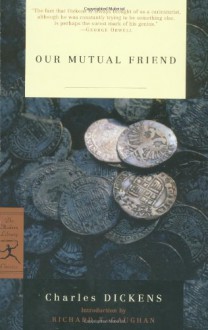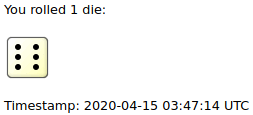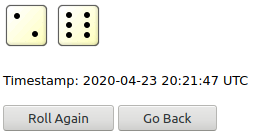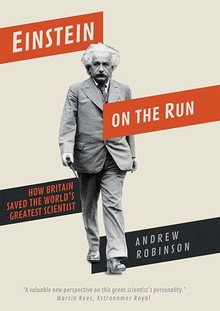
When Cody Blaze meets his father, Russell, for lunch he has no way of knowing it will be the last time he sees him alive. A few days later, Russell is killed. It appears he fell asleep while returning from some out-of-town business and drove off the highway.
After the funeral, Cody is at the family home consoling his mother when he discovers a letter addressed to him in his father’s home office. The letter is written by Russell and discloses that if Cody is reading it, he didn’t die accidentally as it may appear. He’s been murdered.
In the letter, his father entreats Cody to read his unfinished memoir not with the intention of discovering “the motive for my death and the probable identity of my murderer”, but because “there’s so much about my life you never knew about, much of which leads up to this moment of my demise”.
As Cody begins to read the memoir, he discovers he never knew the details about his father’s early life, a life filled with violence and tragedy.
Russell Blaze grew up in the sixties and his memoir is steeped in the hippy counter-culture of the time as well as the eras’ turbulent politics. But it’s his own family members who are the most troubling including his younger brother, Leo, who when still a juvenile murdered their abusive stepfather.
Russell goes on to become a successful journalist, marry a black woman and have a child, while his brother, once out of prison becomes a proponent of white supremacy and lives a marginalized life of hate and violence.
Fate sets the two of them on dramatically different journeys only to converge with deadly consequences.
On the surface, Words Kill is a murder mystery and, in that regard, its plot is somewhat contrived. However, author David Miles Robinson has offered
us much more than a whodunnit. He’s written a book that showcases the big issues of that time in American including the War in Vietnam and others that still resonate today including the prevalence of post-traumatic stress syndrome among veterans, alcohol and drug addiction, and particularly racism. He also digs deep into a dysfunctional family dynamic and reveals how damaging events in early life can manifest into catastrophic results years later.
I particularly enjoyed this book because of Robinson’s realistic take on interracial relationships as well as his authentic depiction of the dark side of the hippy lifestyle. It wasn’t all sunshine peace, and flowers during the Summer of Love.


 Log in with Facebook
Log in with Facebook 






















